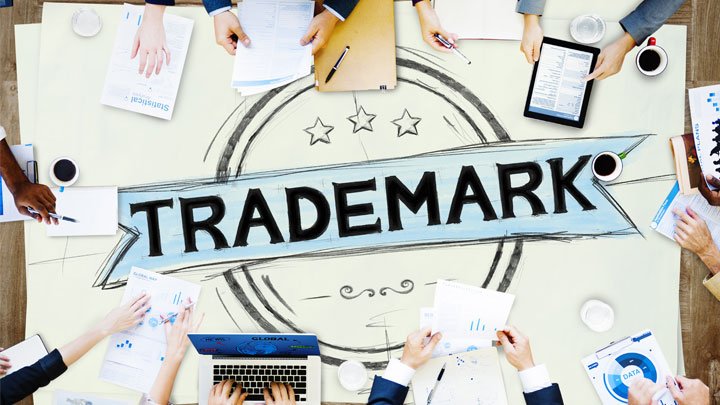All About Trademark
Trademark What is Trademark ? Trademark Filing Trademark Filing in India

What Is a Trademark?
The term trademark refers to a recognizable insignia, phrase, word, or symbol that denotes a specific product and legally differentiates it from all other products of its kind. A trademark exclusively identifies a product as belonging to a specific company and recognizes the company's ownership of the brand. Trademarks are generally considered a form of intellectual property and may or may not be registered.
KEY TAKEAWAYS
- A trademark is an easily recognizable symbol, phrase, or word that denotes a specific product.
- It legally differentiates a product or service from all others of its kind and recognizes the source company's ownership of the brand.
- Trademarks may or may not be registered and are denoted by the ® and ™ symbols respectively.
- Although trademarks do not expire, the owner must make regular use of it in order to receive the protections associated with them.1
Understanding Trademarks
Trademarks not only help distinguish products within the legal and business systems—but just as significantly—with consumers. They are used to identify and protect words and design elements that identify the source, owner, or developer of a product or service. They can be corporate logos, slogans, bands, or the brand name of a product. Similar to a trademark, a service mark identifies and distinguishes the source of a service rather than a product, and the term trademark is often used to refer to both trademarks and service marks.
Using a trademark prevents others from using a company or individual's products or services without their permission. They also prohibit any marks that have a likelihood of confusion with an existing one. This means that a business cannot use a symbol or brand name if it looks or sounds similar, or has a similar meaning to one that’s already on the books—especially if the products or services are related. For instance, a soft drink company can't legally use a symbol that looks like that of Coca-Cola and it can't use a name that sounds like Coke.
Special Considerations
Trademarks can be bought and sold. For instance, Nike (NKE) purchased the instantly recognizable Swoosh logo in 1971 from a graphic arts student for a one-time price of $35. Trademarks also can be licensed to other companies for an agreed-upon time or under certain conditions, which can result in crossover brands. Take the relationship LEGO has with certain movie franchises, for example. The private company licenses many famous sub-brands such as Star Wars and DC Comics to produce LEGO versions of popular products.
Trademark vs. Patent vs. Copyright
Trademarks are distinctly different from patents and copyrights. A patent grants the design, process, and invention rights to a piece of property to its inventor. In order to be registered, the inventor must make full disclosure of the invention—the design and the process—itself through the USPTO. This gives the inventor full protection over the product or service in question for a certain period of time—usually 20 years. Anyone can make use of the invention by producing, marketing, and selling it after the patent expires.8 This is common in the pharmaceutical industry. A drug company that patents a drug has exclusive rights over it for a certain period of time before other companies can market and sell generic brands to the public.












